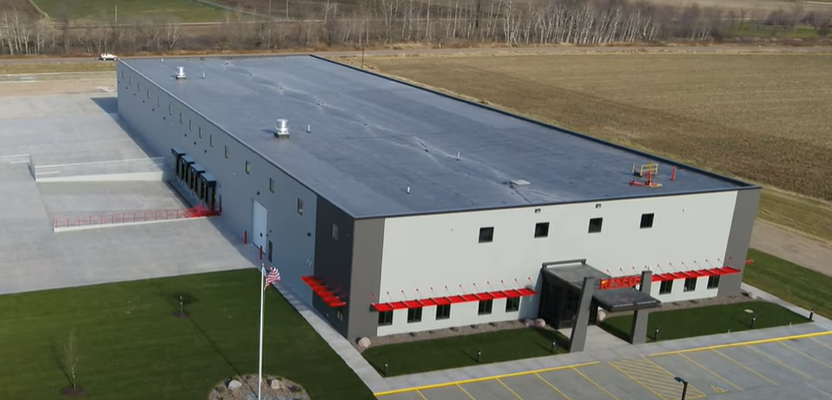
RESCO News
Growth of Electric Vehicle Sector Creates Challenges, Opportunities
March 28, 2022
The future of automobiles is electric, and there’s no denying that the future of this technology is now.
The statistics speak for themselves. According to Greencars.com, sales of all-electric vehicles in the United States surpassed 4 million in 2021, with an additional 2.4 million plug-in hybrids now traversing our country’s roads. From a global perspective, electric vehicle sales were up 98 percent from 2020. And for those who watched this year’s Super Bowl (and the commercials as well), you probably recall how electric vehicles took center stage, with seven automobile manufacturers represented.
As Nick Nigro, head of the research group Atlas Public Policy, told Vox, “We’re in the early stages of the biggest transition in the auto industry since the car was first invented.” This transition is also impacting the sources of power for these vehicles, which in many places of our country are (or will soon be) rural electric cooperatives and municipal utility providers.
INFRASTRUCTURE CHALLENGES
While the shift to electric vehicles continues at break-neck speed, infrastructure capabilities have not kept pace in many locales, which could result in delays in providing adequate charging stations and equipment. According to a recent Wall Street Journal article, the U.S. power system is faltering as millions of more Americans are becoming more dependent on it. The article went on to state the grid is also undergoing the largest transformation in history, with natural gas-fired plants displacing coal-fired and nuclear generators and the addition of wind and solar technologies rivaling traditional power sources in many markets.
Another major infrastructure concern is aging equipment. According to the American Society of Civil Engineers, 70 percent of transmission and distribution lines are past the halfway mark of their 50-year lifespans.
These factors, along with regulations that attempt to further the rate of build-out renewable energy, mandates to reduce and eliminate carbon emissions, and unpredictable and oftentimes severe weather patterns, are placing added pressure to the country’s energy grid.
And these concerns will undoubtedly impact the ability for utilities to continue to deliver an increasing need for electric power, while at the same time foster the growth of new technologies and products to enable rural electric cooperatives and municipalities to meet these growing needs.
RESCO’S ROLE
As a partner of electric cooperatives and municipal utility providers in the Upper Midwest since 1936, we always have a pulse on the latest technology and equipment for the energy sector. In turn, this enables us to work with our manufacturer partners to offer the necessary materials to our members and customers. Regarding electric vehicles specifically, we’ve partnered with ZEF Energy to meet the needs of both our members and the CHARGE EV group.
And just like other businesses and organizations nationwide, we’re readying our facilities to accommodate the future charging needs of electric vehicle owners. Recently, we installed a ZEF Energy ZEFNET PRO-80 dual port charger at our soon-to-be-opened office and warehouse in Elkhart, IA.
As the growth of electric vehicle ownership continues to increase, RESCO will play an important role in helping utilities deliver the power their members and customers need for their vehicles.




